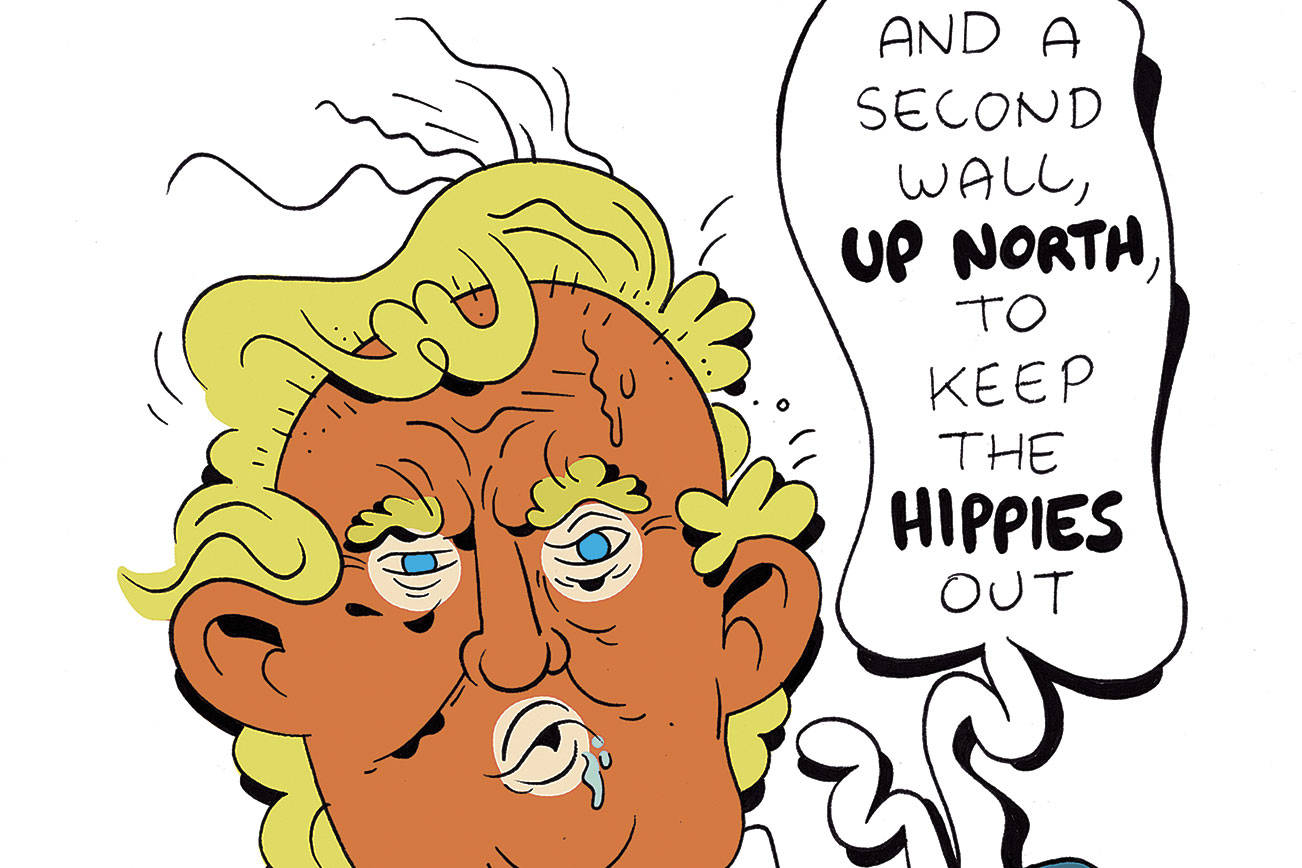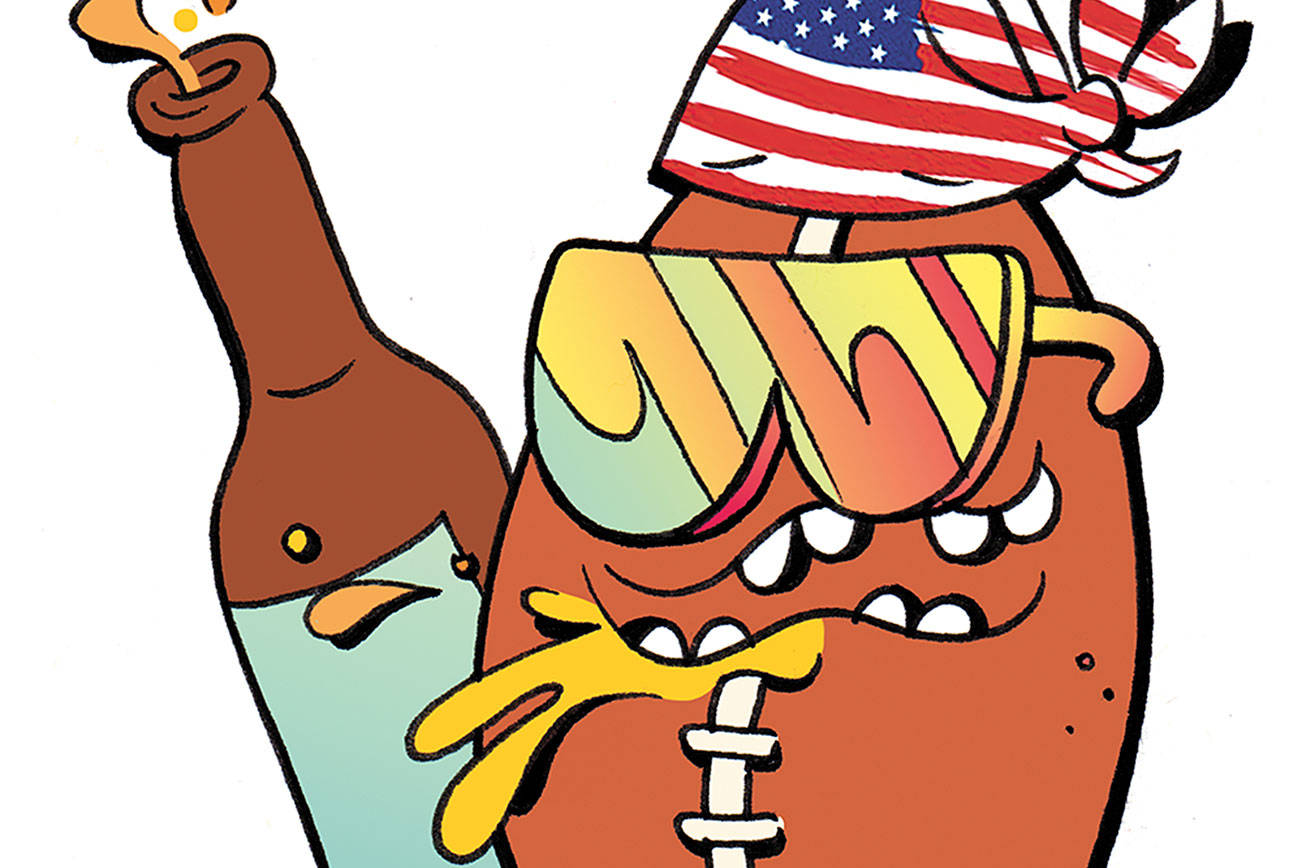Reports are starting to come in from our friends up north that folks who are honest with U.S. border guards about their ties to Canada’s completely legal cannabis industry are being denied entry to this country, accused of aiding or otherwise assisting the “drug trade” in America. According to The Star Vancouver, many have been banned from the States for life. “In addition to those who have used marijuana, Canadians who are involved with the cannabis economy have been labeled ‘inadmissible because they are considered to be living off the profits of the drug trade,’ ” the article explains.
Apart from Idaho’s 45-mile stretch, the entirety of the U.S./Canada border is lined with states whose citizens have voted in some type of legal cannabis use, whether recreational or medicinal. But—say it with me—cannabis is still illegal on the federal level, and federal agencies control the imaginary dotted line that separates us.
Jay Evans, CEO of agricultural equipment manufacturer Keirton Inc., was heading into the U.S. with two engineers to discuss the design of a machine for a cannabis company. But because the equipment was explicitly intended to be used in cannabis production, Evans and his colleagues were told, after a six-hour border interview, that they were “drug traffickers” according to U.S. federal law. The three now have lifetime bans.
Canadian investor Sam Znaimer was detained at the border in Blaine, Wash. for almost five hours before he was told that he had been banned for life from entering the States because of his connections to cannabis companies. In a supreme twist of irony, all of his investments are in U.S. cannabis companies.
Len Saunders, an immigration lawyer in Blaine, is representing Znaimer. He told Toronto’s The Globe and Mail that he’s received a dozen calls from anxious cannabis-industry members. “I’m getting panicked phone calls from Canadian companies who are concerned about their staff being denied entry and liability issues, or about themselves because they are senior executives.” His advice? Don’t cross the border. “You might as well be doing business with Pablo Escobar, selling cocaine in the U.S.,” he told to the paper, “especially now that they’re going after business travelers, it’s going to be the Wild West at the border. It’s going to be crazy.”
There are also growing concerns among Canada’s cannabis community over the amount of data that will be collected by the Canadian government when their recreational market opens in October. U.S. border officials could potentially gain access to a Canadian citizen’s cannabis purchasing records and be able to classify them as a “drug abuser,” a legal designation that can be used to deny a person entry. “Any information that goes outside of Canada is up for grabs by local law enforcement,” Heather Black, a former assistant federal privacy commissioner, told Global News. “American authorities are pretty greedy for scooping up information, and they clearly don’t confine themselves to the borders of the United States.”
Of course, all those folks turned away may apply for temporary waivers, which cost only $600 a piece, plus legal fees. They must also submit to a background check and wait for six months. Oh, and they will have to write a “letter of remorse.” Kinda feels like a shakedown. And here I thought legalization was supposed to save us from this sort of shady behavior.
stashbox@seattleweekly.com








